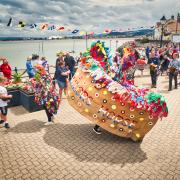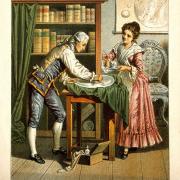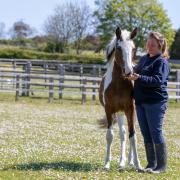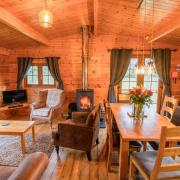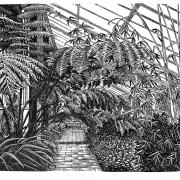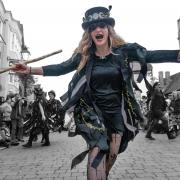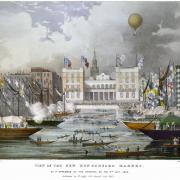Selassie led the revolution of 1916 against the unpopular Lij Yasu and became both regent and heir to the throne of Ethiopia with his father, Ras Makonnen, the emperor.
He was Prince Ras Tafari before his coronation in 1930 and was already attracting the support of the country’s younger modernisers. After his accession Selassie duly set about systematically modernising his country’s institutions. All looked good until the Italian conquest of his country (1935-36) which saw him exiled to England. This is where our part of the world enters the story for Selassie was exiled to Bath between 1936-41; I can think of worse places to end up.
Selassie lived at Fairfield House, a Grade II Listed pile in Newbridge that he bought. It’s an Italianate two-storey edifice built around 1850. He didn’t move in immediately as he had to wait for its renovation following the death of its previous owner. While Selassie waited for the builders to get a shift on with his new double drawing room and so forth he stayed in the Bath Spa Hotel. The renovation was needed as Fairfield was to be home not just for Selassie and his family but his staff such as Kassa Haile Darge, a nobleman with whom the exiled emperor took walks behind the estate’s high walls. He’d be Selassie’s President of the Crown Council when he was restored in 1941.
Selassie was restored to his kingdom after it was liberated by British forces during World War Two. He didn’t forget his former home and eventually donated it to the City of Bath as a residence for the elderly (until 1993). This happened during a return visit made to Bath by Selassie in 1958 when he received the Freedom of the City. It’s fair to say there was plenty of mutual affection. The first signs of opposition to Selassie’s largely personal rule came in 1960 when Selassie loyalists put down an army revolt. A combination of famine, unemployment and political stagnation saw Selassie deposed again in 1974 and placed under house arrest. He died the following year on August 27, 1975, aged 83, the cause of death, fair or foul, disputed.




